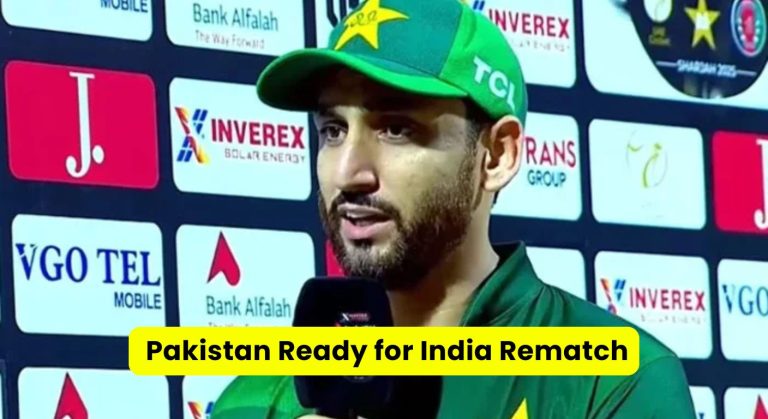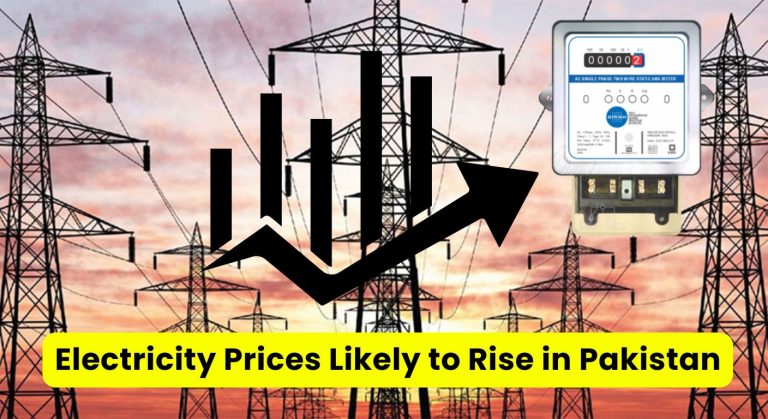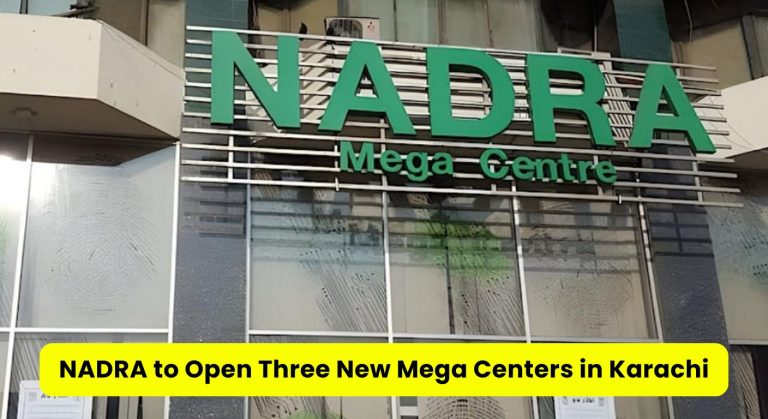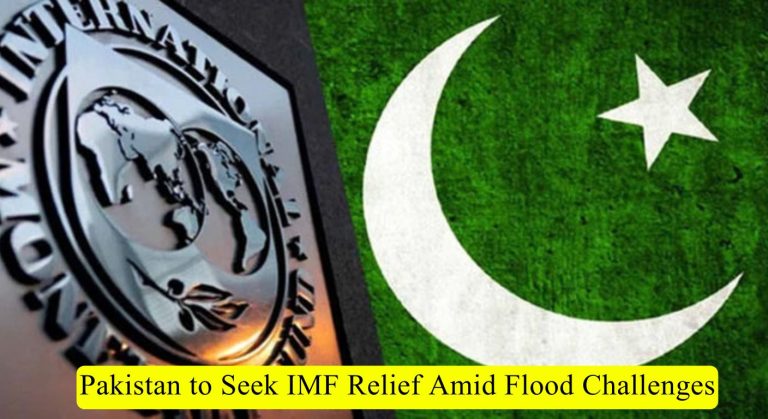Pakistan-Saudi Arabia Defense Pact Drawn on NATO Model, Other Arab States May Join: Khawaja Asif
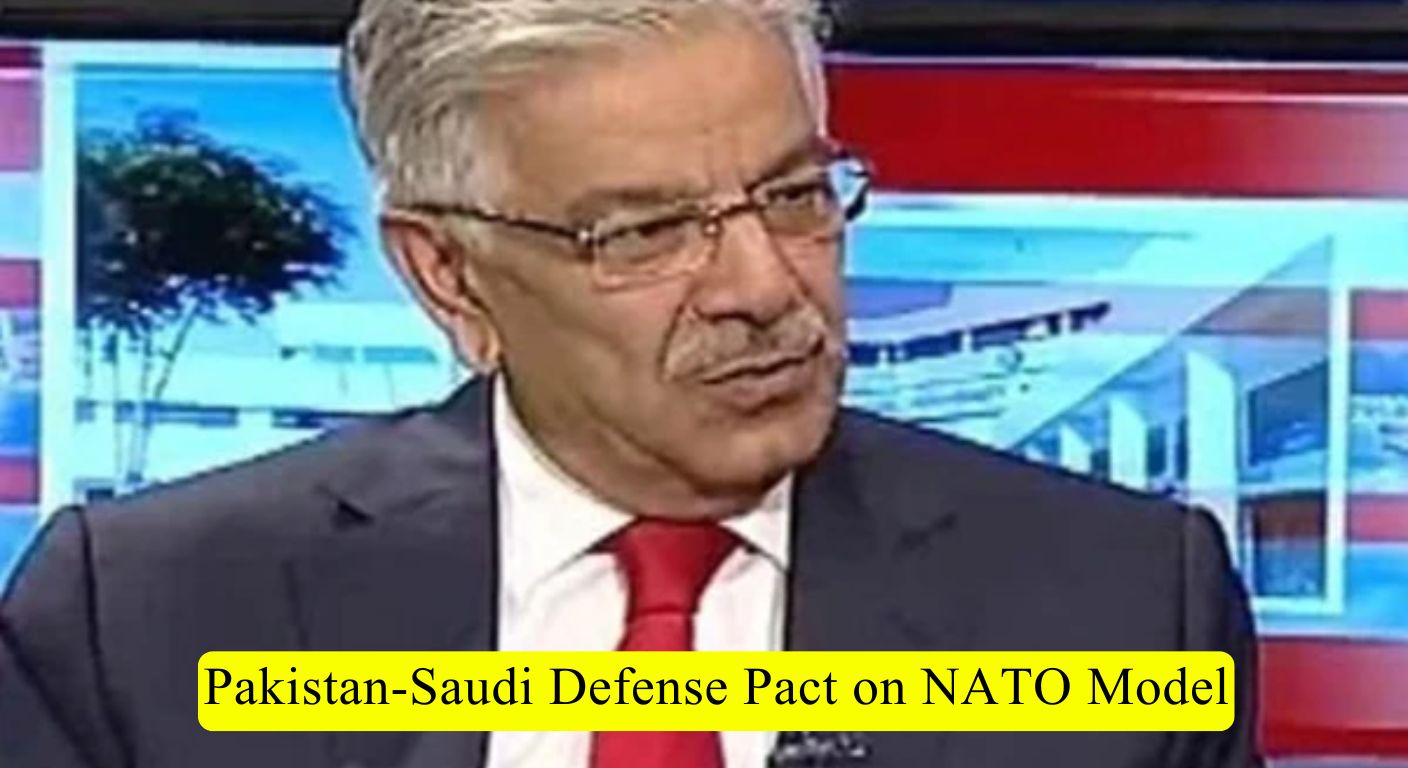
Islamabad – September 2025:
Pakistan’s Defense Minister Khawaja Muhammad Asif has described the recently signed Pakistan-Saudi Arabia defense agreement as a historic development modeled on NATO. He emphasized that the pact is not aimed against any country, but is instead designed as a mutual defense partnership that could expand to include other Arab nations in the future.
A Historic Defense Understanding
During an interview with a private news channel, Khawaja Asif said that the new agreement provides a “defense umbrella” similar to NATO. According to him, if either Pakistan or Saudi Arabia comes under attack, the other country will stand in its defense.
“This is not a treaty of aggression,” he clarified. “Rather, it guarantees peace, regional stability, and joint security.”
The defense minister noted that Pakistan’s armed forces have a longstanding history of cooperation with Saudi Arabia, particularly in training Saudi troops and providing technical expertise. This agreement, he said, is simply a formal extension of decades of collaboration between the two brotherly nations.
Inclusion of Other Arab States
One of the most striking aspects of the agreement is the possibility that other Arab countries could also join. According to Khawaja Asif, the doors remain open for inclusion, making the pact a potential regional defense alliance.
If expanded, this partnership could resemble a Middle Eastern version of NATO, where multiple states stand together under one defense mechanism. Analysts believe such cooperation could reshape the security dynamics of the Gulf and South Asia.
Defense of Holy Sites
The minister reiterated Pakistan’s firm commitment to defending the holy sites in Saudi Arabia, calling it a sacred duty for Pakistan’s armed forces.
“Protecting the sanctity and security of Makkah and Madinah is a responsibility Pakistan will never compromise on,” he stated. This emotional connection adds a spiritual dimension to the defense agreement, reinforcing deep religious and cultural ties between the two nations.
Pakistan’s Nuclear Capability
When asked about Pakistan’s nuclear assets, Khawaja Asif underlined that Pakistan is a responsible nuclear power. He explained that while Pakistan’s nuclear and strategic capabilities are part of its overall defense strength, their use always remains within the framework of responsibility, caution, and global principles.
“Our nuclear program is purely defensive, and we have always demonstrated restraint and maturity in handling it,” he assured.
This clarification came amid speculation that Pakistan’s nuclear arsenal could indirectly strengthen Saudi Arabia under the new arrangement. The minister, however, stressed that the agreement is about defense cooperation, not nuclear sharing.
Strong Words on Afghanistan
In addition to the defense pact, Khawaja Asif expressed strong concerns over cross-border terrorism from Afghanistan. He accused the Kabul administration of showing no sincerity in preventing militants from using Afghan soil to launch attacks inside Pakistan.
“We are burying our children, soldiers, and innocent civilians daily due to these attacks, but Afghanistan has failed to act,” he said, reflecting Pakistan’s growing frustration with its neighbor.
His statement highlights how Pakistan views the Afghan government’s role as critical in ensuring peace and stability in the region.
A Partnership Beyond Military Cooperation
The Pakistan-Saudi relationship is not new. For decades, Riyadh has extended economic assistance to Islamabad, while Pakistan has provided defense training, manpower, and strategic expertise to Saudi Arabia.
- Thousands of Pakistani military personnel have served in Saudi Arabia over the years.
- Saudi forces have received training at Pakistani military academies.
- Joint exercises between the two armed forces have become routine.
This new defense pact adds a formal and structured layer to that already strong partnership, ensuring that cooperation is not limited to ad hoc arrangements but embedded in a permanent framework.
Regional Implications
The announcement of the NATO-style agreement is being closely watched across the Middle East and South Asia.
- For the Gulf States:
If other Arab countries join, it could create a collective security arrangement that reduces reliance on Western powers for protection. - For Iran:
The pact may raise eyebrows in Tehran, given the traditional rivalry between Saudi Arabia and Iran. However, Khawaja Asif stressed that the agreement is not directed against any specific country. - For Pakistan:
Islamabad could gain stronger strategic depth and financial support through closer security ties with Riyadh and potentially other Gulf allies. - For Global Powers:
The United States, China, and Russia may all view the development with interest, as it could influence alliances and security balances in the wider region.
Peace and Stability Emphasized
Despite speculation, Khawaja Asif insisted that the defense pact is fundamentally about peace, not conflict. He argued that when countries stand together against external aggression, the likelihood of attacks decreases.
“Unity is the best deterrence,” he said. “This agreement ensures that aggression against one will be seen as aggression against both, discouraging hostile moves from any quarter.”
Religious and Cultural Dimensions
Beyond military strategy, the pact carries deep religious symbolism. Pakistanis and Saudis share a special connection rooted in the presence of Islam’s holiest sites. Many Pakistanis work in Saudi Arabia, and millions travel there annually for Hajj and Umrah.
By linking defense cooperation with the security of holy places, the agreement resonates not only with policymakers but also with the general public in Pakistan, who see it as an honorable responsibility.
Critics and Supporters
Reactions to the announcement have been mixed:
- Supporters see it as a landmark achievement that strengthens Pakistan’s global standing and secures Saudi trust.
- Critics caution that Pakistan must avoid getting entangled in Middle Eastern rivalries, especially between Saudi Arabia and Iran.
- Neutral voices argue that if the agreement remains strictly defensive, it could contribute positively to regional stability.
Looking Ahead
The defense pact between Pakistan and Saudi Arabia may evolve into something larger if other Arab nations decide to join. Such an alliance could become a new security architecture for the Muslim world, promoting collective defense while reducing dependency on external actors.
For now, the agreement signals:
- Stronger military and political trust between Islamabad and Riyadh.
- An extended role for Pakistan in Gulf security matters.
- A possibility of shaping a Middle Eastern equivalent of NATO.
Conclusion
The Pakistan-Saudi Arabia defense pact marks a turning point in bilateral relations, taking decades of cooperation to a formal, NATO-style arrangement. By offering a joint defense umbrella, the agreement not only strengthens the two nations but also opens the door for broader Arab participation.
Defense Minister Khawaja Asif’s remarks made it clear that this is not an aggressive move but rather a step toward ensuring peace, stability, and the defense of sacred sites. At the same time, Pakistan’s tough stance on Afghanistan underscores the broader security challenges the country faces.

